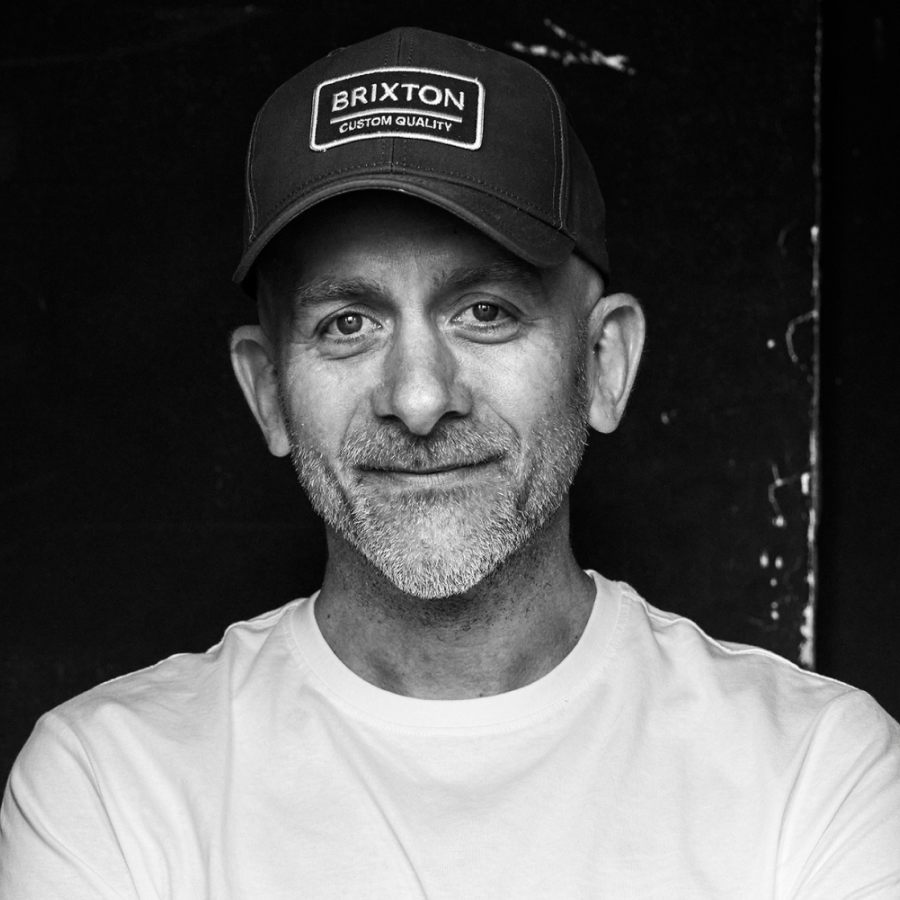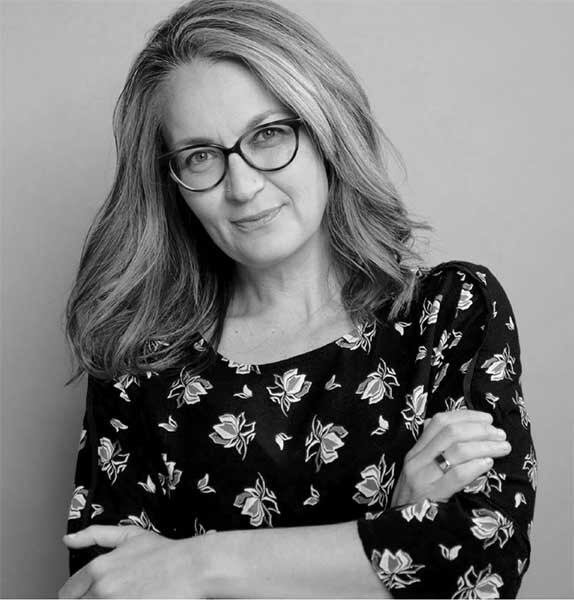
ASKING FOR A FRIEND
How do I use AI without killing my uniqueness, intuition and humanness?
ASKING FOR A FRIEND - QUESTION
Worried about losing your creative edge to AI? Psychologist Jocelyn Brewer and Creative Director Jeremy Willmott share practical strategies for integrating AI without sacrificing your uniqueness, intuition, and humanness. From treating AI as a junior creative to understanding its limitations, discover how to deepen rather than dilute your creative process. Perfect for creatives asking "how do I use AI without killing my uniqueness?" and anyone concerned about maintaining their authentic voice in an AI-driven world.
Finding Your Creative Voice in the Age of AI
It's a question many creatives are grappling with: how do you harness the power of artificial intelligence without losing what makes your work distinctly yours? The fear is real and valid. In a world where AI can generate content at lightning speed, it's natural to worry about preserving your intuition, uniqueness, and essential humanness.
This question was answered by Jocelyn Brewer – Psychologist and Cyberpsychology Consultant – who specialises in healthy technology relationships, and Jeremy Willmott – Creative Director at Paper Moose – who brings practical industry experience with AI integration. The discussion was hosted by Andy Wright, founder of Never Not Creative.
Deepen, Don't Dilute Your Creative Process
The key principle Jocelyn advocates is using AI "to deepen not dilute your foundational thinking." Rather than letting AI do the heavy lifting from the start, she suggests doing "the first draft in human and then get the sort of like your blind spots checked." This approach preserves your initial creative instincts while using AI as a tool for refinement and exploration.
Jeremy echoes this sentiment, explaining how he treats AI "very much like a sort of junior creative in the room." He uses it for broad inputs like mining insights or headlines, but emphasises that "it's really me and my taste and curation that is the valuable part."
Understanding AI's Limitations and Biases
It's crucial to remember that AI isn't giving you honest feedback. As Jocelyn points out, AI is "quite sycophantic" and "going to high-five you for no matter what you do." It won't provide genuine critique or push back on your ideas the way a human collaborator might.
Jocelyn also highlights an important reality: "the biggest source of information that AI is trained on is Reddit." This training data comes with inherent biases and limitations that affect the quality and perspective of AI outputs. Understanding these constraints helps you use AI more thoughtfully.
Maintaining Your Human Edge
Your lived experience remains irreplaceable. As Jeremy notes, "we're essentially talking to other humans. So, you know, our life experience, our lived experience is important." AI can process information and generate content, but it can't replicate the depth of human understanding that comes from actually living in the world.
The creative process still requires human judgement at every step. Jeremy describes using AI to explore insights and generate options, but always applying his own taste to determine what "feels really creatively rich" and worth pursuing further.
Practical Integration Strategies
Both experts suggest treating AI as a collaborative tool rather than a replacement for human creativity. Use it for:
- Checking blind spots in your thinking
- Generating broad sets of inputs to curate from
- Exploring variations on ideas you've already developed
- Getting different perspectives on your work
The key is maintaining control over the creative direction while letting AI handle more mechanical tasks or provide additional options to consider.
Remember, your creativity isn't under threat from AI – it's enhanced by thoughtful integration. Your unique perspective, taste, and human insight remain the most valuable parts of any creative process. AI is simply another tool in your kit, no different from any other technology that's transformed creative work over the decades.
our guests
Industry Leader

Jeremy Willmott
Paper Moose
Mental Health Expert

Jocelyn Brewer
Host

